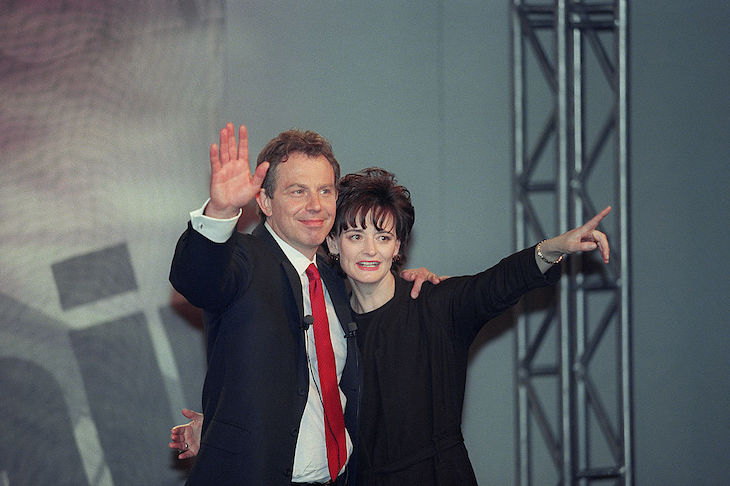According to a YouGov poll 45 per cent of Britons believe today’s party leaders are worse than any of their predecessors in history. The survey fits neatly into the dominant narrative of the 2019 election, where ‘Don’t Know’ is the preferred option of prime minister for one third of the UK, only 14 per cent of the public trust politicians to tell the truth, and voters are fed up with their political leaders.
But is this fair? You do have to wonder which titans of the past Boris Johnson, Jeremy Corbyn and Jo Swinson are being unfavourably compared with. Perhaps Edward Heath, whose time as Prime Minister ended with power cuts and a three-day week? The infamously slippery Harold Wilson? Or perhaps Jeremy Thorpe, now widely believed to have conspired to murder his gay lover?
If not the leaders of the 1970s, perhaps those surveyed looked back in time and thought of Winston Churchill? Leading the country from near defeat to victory in the second world war gives him a special place in British history. But during the war even Churchill was widely criticised for a series of military catastrophes, which saw the unlikely figure of Sir Stafford Cripps touted as his replacement. And it was Churchill who in 1945 led his party to one its most humbling election defeats: during the campaign the Conservative leader was even booed at public meetings and cinemas when his image appeared on screen.
But if nostalgia covers the past with gold dust and obscures the imperfect nature of previous leaders there is one exception to that rule.
Today, Tony Blair is one of our most unpopular political figures: in 2017, 20 years after he first became Prime Minister, 64 per cent of Britons viewed him unfavourably. If you ask any Corbyn-supporting Labour party member how they regard Blair, their responses will likely be unrepeatable.
But look at the Ipsos Veracity Index, which measures public faith in politicians, and you see that while only 15 per cent of the public trusted politicians in 1997, by 1999 (two years after Blair was elected) that figure had risen to 23 per cent and – despite a slight dip to 17 per cent in 2002 – it stayed above 20 per cent for the next three years. These are modest improvements, and from a low base, but they suggest that as Prime Minister of the New Labour government Blair had – unlike his contemporary counterparts – a positive impact on trust that lasted even beyond the Iraq War. This is probably because New Labour aimed to win over voters by making clear but limited election promises, all of which it essentially achieved. And yet, according to many on the left, thanks to Iraq, Blair destroyed trust in politicians for a generation.
This is not to say that Blair should, like a slumbering King Arthur, be called upon now to save British politics in its hour of deepest mistrust. The public in their wisdom would not accept that: he is now a tainted figure. But it is perhaps time our party leaders started to emulate New Labour and focus on modest targets and actually achieving them rather than promising implausible utopias of the free market or state collectivism – and then falling flat on their faces.
Steven Fielding is Professor of Political History at the University of Nottingham and is writing The Labour Party: from Callaghan to Corbyn for Polity Press, to be published in 2021.
Got something to add? Join the discussion and comment below.
Get 10 issues for just $10
Subscribe to The Spectator Australia today for the next 10 magazine issues, plus full online access, for just $10.




















Comments
Don't miss out
Join the conversation with other Spectator Australia readers. Subscribe to leave a comment.
SUBSCRIBEAlready a subscriber? Log in